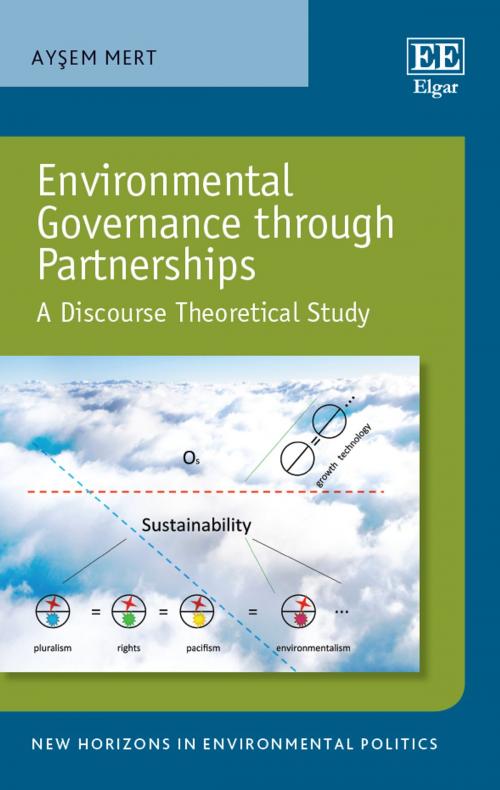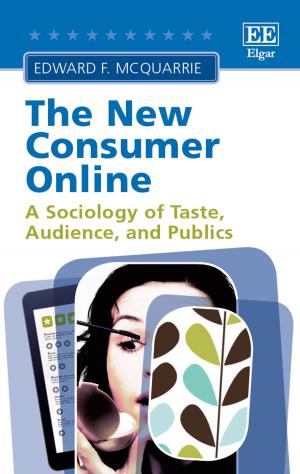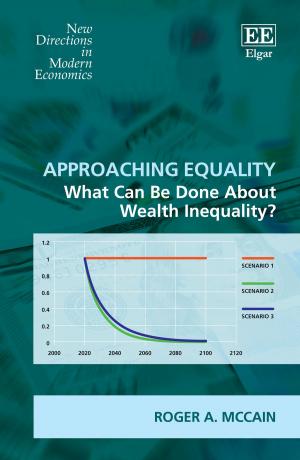Environmental Governance through Partnerships
A Discourse Theoretical Study
Nonfiction, Social & Cultural Studies, Political Science, Government, Public Policy, International, International Relations| Author: | Ayşem Mert | ISBN: | 9781782540052 |
| Publisher: | Edward Elgar Publishing | Publication: | December 15, 2009 |
| Imprint: | Language: | English |
| Author: | Ayşem Mert |
| ISBN: | 9781782540052 |
| Publisher: | Edward Elgar Publishing |
| Publication: | December 15, 2009 |
| Imprint: | |
| Language: | English |
Transnational partnerships have become mainstream across levels and issues of environmental governance, following their endorsement by the UN in 2002. Despite apparent success, their desirability as a way of governing human interactions with the planet’s ecosystems has not yet been properly investigated. In this revelatory book Ayşem Mert combines post-structuralist discourse theory and ecocriticism to analyse three discourses that have been rooted into the logic of partnerships: privatisation of governance, sustainable development and democratic participation. Ultimately, Mert argues that these discourses help understand both the potential and structural limitations of sustainability partnerships.
Transnational partnerships have become mainstream across levels and issues of environmental governance, following their endorsement by the UN in 2002. Despite apparent success, their desirability as a way of governing human interactions with the planet’s ecosystems has not yet been properly investigated. In this revelatory book Ayşem Mert combines post-structuralist discourse theory and ecocriticism to analyse three discourses that have been rooted into the logic of partnerships: privatisation of governance, sustainable development and democratic participation. Ultimately, Mert argues that these discourses help understand both the potential and structural limitations of sustainability partnerships.















